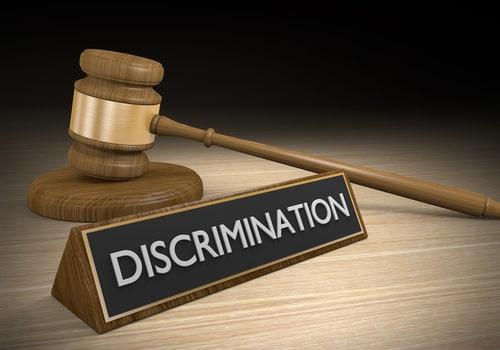Wheaton |
St. Charles |
Sycamore
 630-665-7300
630-665-7300
Can I Take Action Against Sexual Harassment if I Did Not Complain at the Time?
 Even though the Illinois legal system has developed a sophisticated process for handling complaints of sexual harassment, many people still endure this unacceptable behavior at work and are unsure how to handle it. Worries about embarrassment in front of colleagues, a desire to avoid confrontation, and/or a fear of retaliation often keep people from speaking up about sexual harassment when it happens. Sometimes, it can be difficult to recognize that inappropriate behavior is sexual harassment until after the fact.
Even though the Illinois legal system has developed a sophisticated process for handling complaints of sexual harassment, many people still endure this unacceptable behavior at work and are unsure how to handle it. Worries about embarrassment in front of colleagues, a desire to avoid confrontation, and/or a fear of retaliation often keep people from speaking up about sexual harassment when it happens. Sometimes, it can be difficult to recognize that inappropriate behavior is sexual harassment until after the fact.
However, it is essential to speak up and take action when you feel that are being sexually harassed. There are many reasons for this, not least of which is that what offends one person may not necessarily offend another, and the person bothering you may not realize they are doing so. At the same time, it is important not to let someone continue bothering you simply because they state they do not intend to sexually harass you.
What is Sexual Harassment?
While sexual harassment can manifest in many different ways, it is important to know that all sexual harassment is gender-based employment discrimination, and it is against the law. The law puts sexual harassment into two basic categories: Quid pro quo (the exchange of sexual favors for employment benefits) and hostile work environment (when sexual harassment is so extreme that it is abusive or interferes with someone being able to do their job).
Sexual harassment can be explicit or subtle. Your boss may not outright state that he expects sexual favors in return for a raise, but he can imply it in many different ways. Likewise, a colleague may send out an email to the entire office that contains a lewd joke or photograph, knowing you will find it offensive but expecting no pushback simply because they have never gotten any.
The somewhat subjective nature of sexual harassment can make it difficult to identify behaviors that always constitute harassment, because everyone is different. However, if you feel bothered or offended by a behavior, you should take action.
If you did not take action at the time of the offense, this does not mean you should continue to stay silent. You still have a legal right to be free from sexual harassment at your job and you should assert this right.
How Should I Respond to Sexual Harassment?
Employers are responsible for handling cases of workplace sexual harassment appropriately, but even the most well-intentioned employer can only act if attention is brought to the problem. This means that, no matter how difficult it may be, feeling empowered to speak up and use your voice is an important part of making the sexual harassment stop.
Start taking notes of interactions that you find sexually harassing, including dates, details of the incident, and the names of anyone who observed the sexual harassment. This will be important information to provide to your company, which may have its own procedures for handling cases of sexual harassment. Other times, you may need to take a complaint directly to a supervisor, manager, or human resources department.
If your company does not handle the sexual harassment appropriately, it may be time to contact an attorney who can help you take further action in accordance with the law. A company that fails to manage workplace sexual harassment may even be sued and held liable for its inaction.
Schedule an Initial Consultation with a Wheaton, IL Sexual Harassment Lawyer
Understanding the nuances of state and federal sexual harassment law can be overwhelming, especially if you are still dealing with the emotional fallout of being sexually harassed or illegally retaliated against. Let the DuPage County workplace sexual harassment attorneys with MKFM Law help you - call us today at 630-665-7300.
Source:
https://www.ilga.gov/


 Read More
Read More





